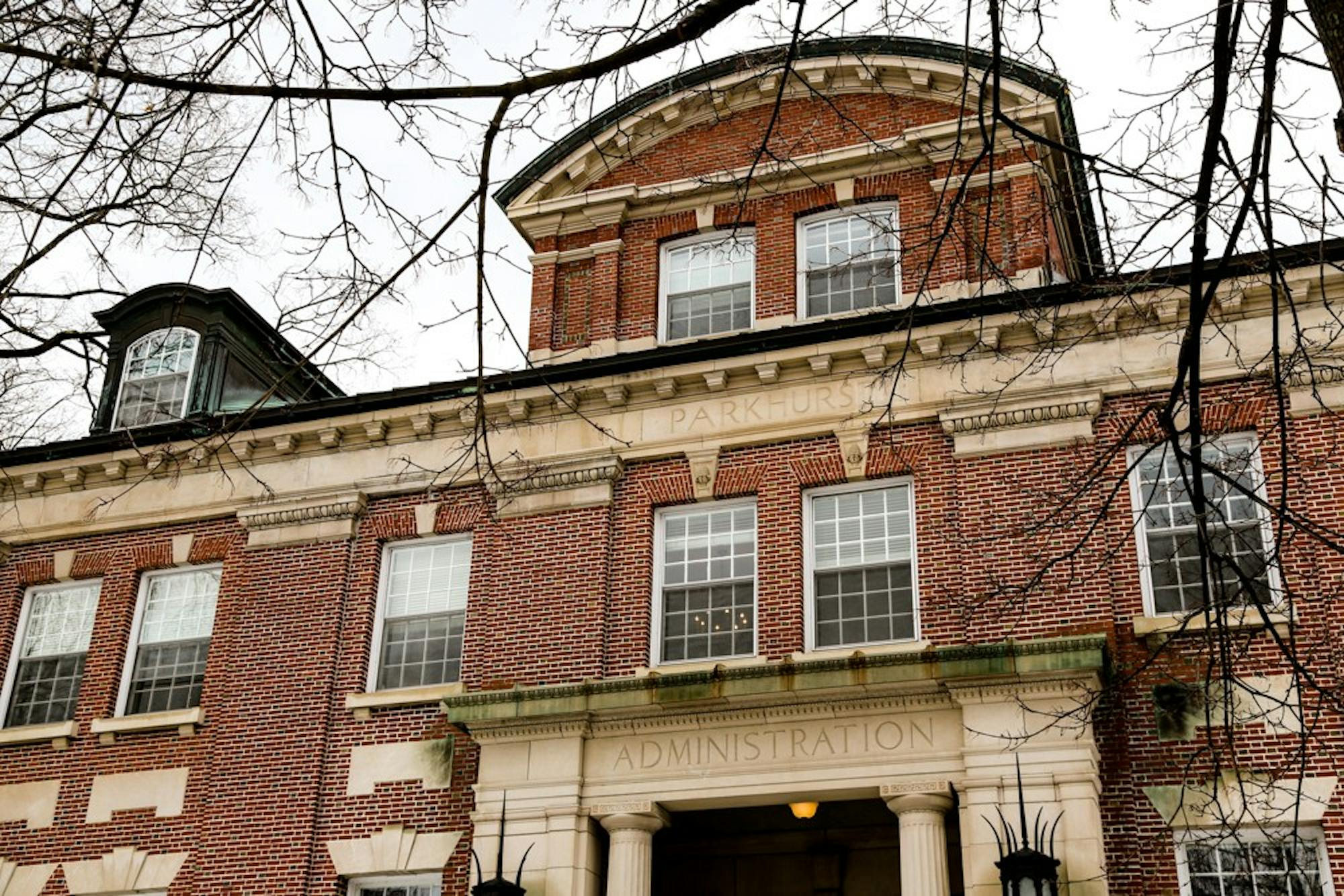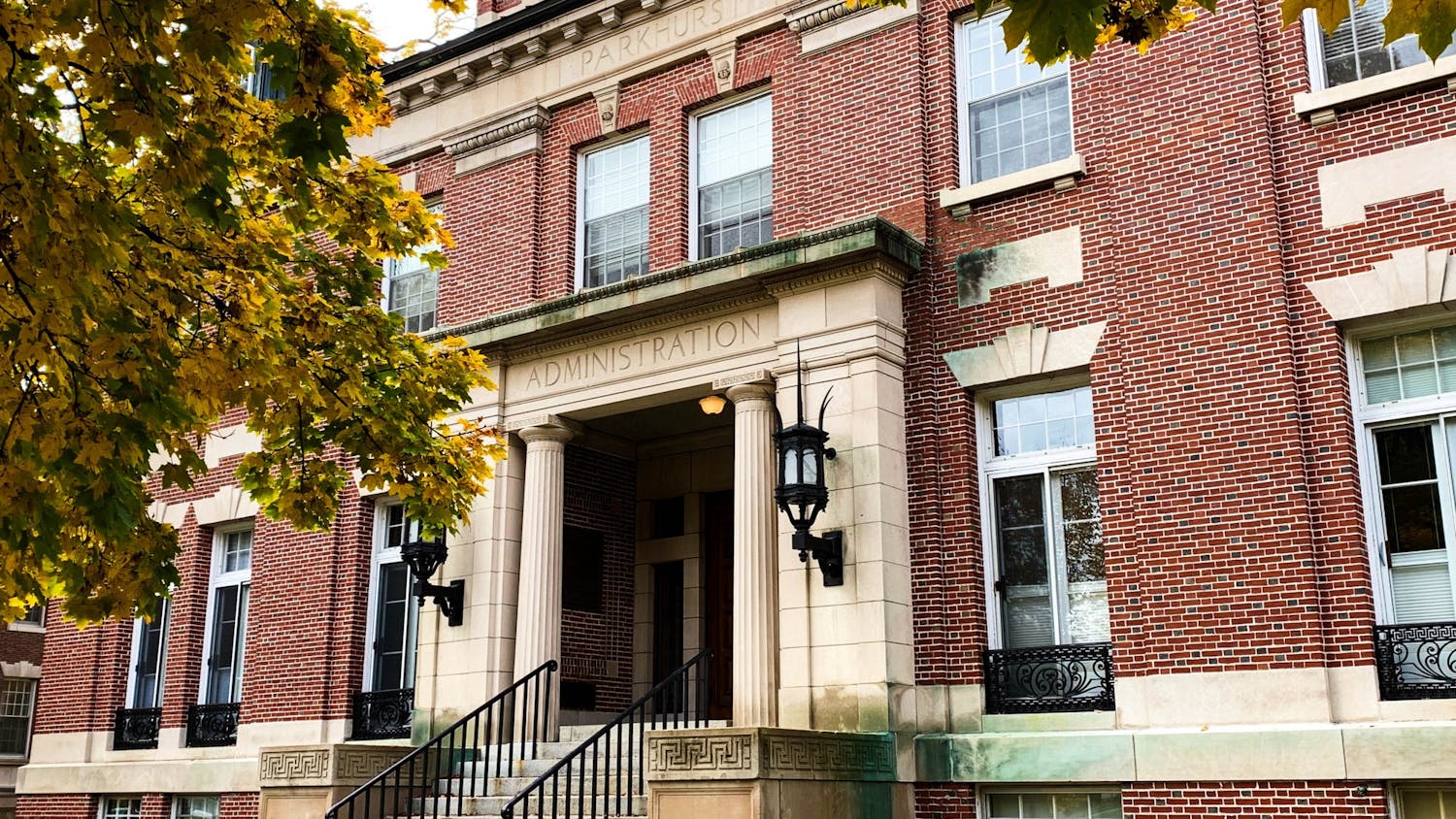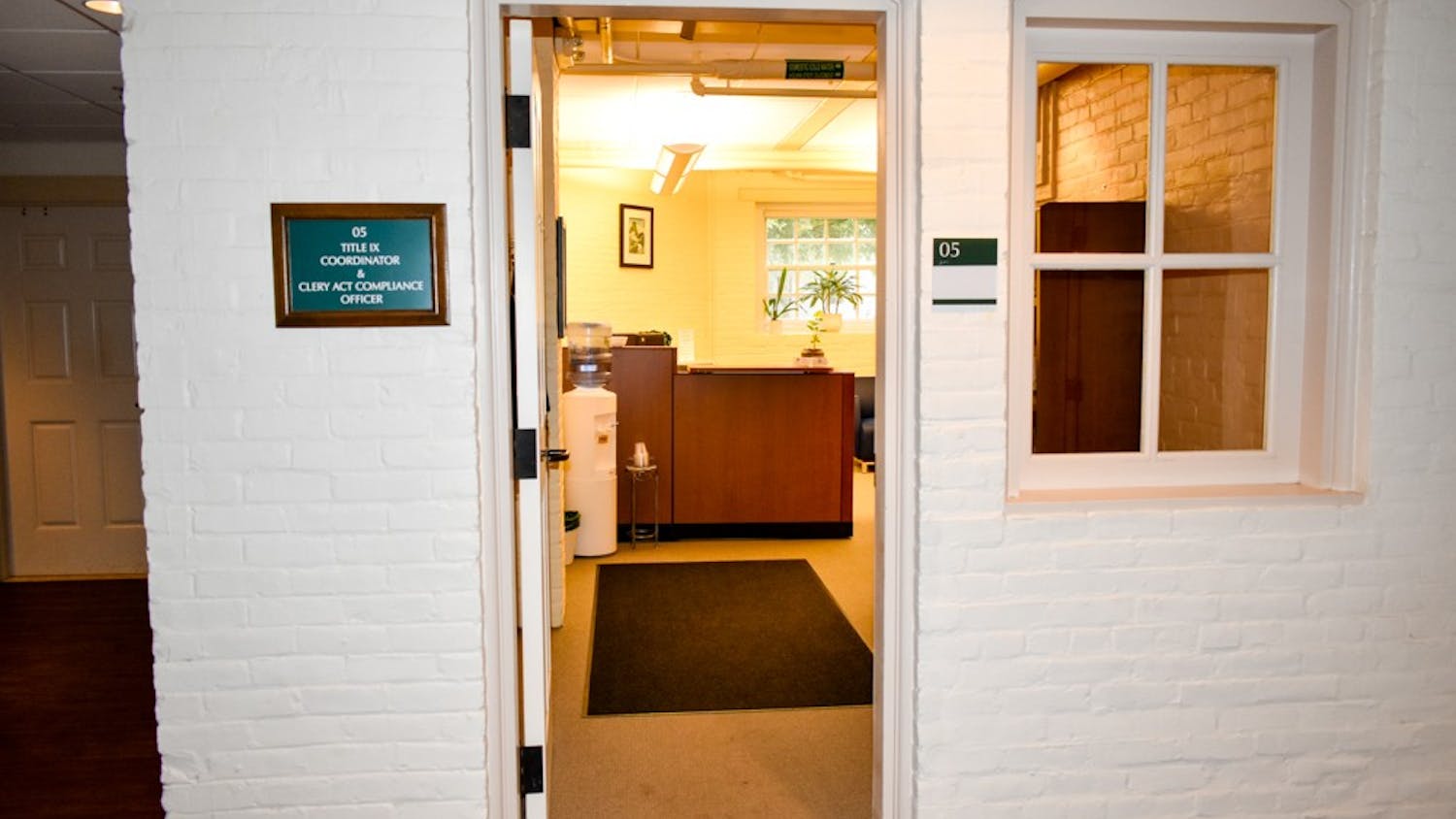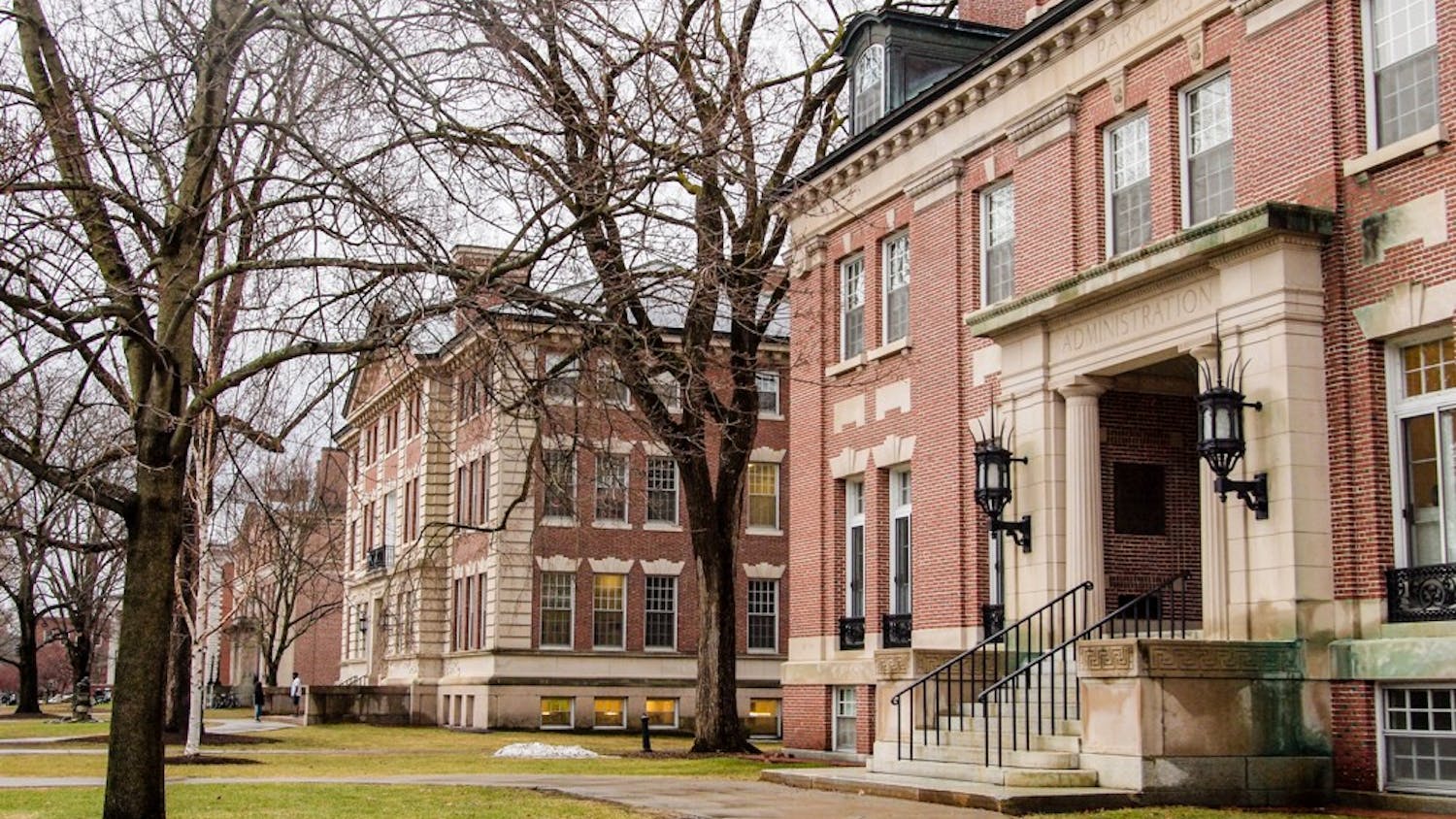In a decision that sparked concern among students and sexual violence prevention advocates, a Title IX office policy implemented at the start of fall term stated that individuals involved in reported cases of sexual assault or harassment would still face discipline for COVID-19 policy violations if they were found to have hosted an unauthorized gathering. However, according to the office’s since-revised policy, alleged victims and perpetrators will no longer face action for health violations, except in “egregious” cases.
The revised policy, which was sent out to campus in an Oct. 26 email, was updated in response to feedback from Student Assembly and the Student and Presidential Committee on Sexual Assault. The change is intended to alleviate barriers to reporting violations of Dartmouth’s Sexual and Gender-Based Misconduct Policy, according to Title IX coordinator Kristi Clemens.
“One of our primary goals is always to reduce barriers to reporting,” Clemens said, “and so any way we can make it easier for people to access our services, to ask questions, to learn more about what we can do to support [reporting and responding] parties on campus, we would like to do that.”
The original version of the policy granted amnesty from the College’s COVID-19 regulations to students “reporting or responding to Title IX allegations” who were involved in — but not the host of — unauthorized gatherings. SPCSA executive chair Maggie Flaherty ’21 noted that unclear language in the original policy may have discouraged students from reporting incidents to the Title IX office.
“People were focused about what hosting meant and about what would constitute a gathering,” Flaherty said. “The ambiguity there, of those definitions, made it so that people would be uncomfortable reporting.”
SA president Cait McGovern ’21 wrote in an email statement that SA has been in “continual contact” with the administration about the intersection between Title IX and the College’s “Community Expectations” agreement, and she is “relieved” the exception has been revised.
“No one should ever be made to feel afraid of repercussions when seeking the vital support and resources they need,” McGovern wrote.
According to the updated policy, the exception will not prevent Dartmouth from “addressing” violations of its COVID-19 regulations in other, non-punitive ways. Though the College may not remove students from campus, it may remind students of the policy, connect them to campus resources or prohibit student access to specific areas of campus.
Clemens added that if an incident takes place at an unauthorized gathering, the exception will likely not apply to anyone attending beyond the individuals directly involved in the Title IX complaint. However, she emphasized that simply meeting with the Title IX office will not “trigger” a response related to the College’s COVID-19 policies.
Additionally, the College reserves the right to determine what constitutes an “egregious” violation of its COVID-19 policies, and therefore where an exemption to the College's health regulations no longer applies. Clemens gave the example of a “COVID-19 party,” an event that individuals attend with the intention of contracting COVID-19 so as to gain immunity.
Asked whether a 10-person dorm party would be considered “egregious,” Clemens replied that in that situation, she “may consider talking to the Dean of the College,” especially if the host of the gathering is not involved in the Title IX complaint. However, removal from campus still may not be considered.
“I would hope that we would use a little bit of discretion and grace,” she said. “For somebody coming forward telling me that ‘My friend hosted a party, but I don’t want my friend to get in trouble’ — that’s almost the exact circumstance where we would want to use this exception.”
Clemens said that because she vets reports submitted to the Title IX office, she, not the Dean of the College, is the arbiter of what constitutes a violation — or an “egregious” violation — of the College's COVID-19 regulations.
“The reports that come to our office remain in the Title IX office unless we deem them so important, or such a breach of the Community Expectations, that we need to take them to another office to take action,” Clemens said, adding that she believes she will only have to send reports to the Dean of the College “in very limited circumstances.”
In an email statement, Dean of the College Kathryn Lively wrote that her office has “conveyed to Kristi [Clemens] [its] support” for the exception policy.
A similar Title IX “exception” already exists for Dartmouth’s Drug and Alcohol Policy. If someone reports an incident to Title IX or responds to an incident, and one or more of the parties was “drinking underage or using drugs,” the College typically does not pursue that separate drug-related rule violation, Clemens said. Similar to the exception to the College’s COVID-19 policies, however, the College reserves the right to not apply the exception in more serious cases, such as ones that raise evidence of drug dealing.
The new policy comes after a round of changes this summer to Dartmouth’s Title IX procedures in response to new guidance from the U.S. Department of Education. The federal guidelines limited what colleges and universities are required to investigate under Title IX and mandated cross-examinations in disciplinary hearings.
Dartmouth made the required changes but also clarified that conduct previously covered under Title IX but not under the new federal guidelines — such as an incident that occured off campus — would still be considered a violation of Dartmouth’s Sexual and Gender-Based Misconduct policy and would still be investigated through the Title IX office.
Clemens clarified that while the COVID-19 policy exception’s language only references Title IX violations, the exception will apply to all conduct covered under the Sexual and Gender-Based Misconduct policy and reported to the Title IX office. She added that the office may revise the wording again to reflect that detail.
This policy exception is not the only change COVID-19 has brought to the Title IX office, which has seen an uptick of active investigations since going remote in the spring, Clemens said. Over the summer, the office handled “11 or 12” investigations at once, which Clemens said the office has “never had before.”
She believes that this increase could be due to students feeling more comfortable starting the formal Title IX reporting process when they do not have to see their perpetrator around campus, or because students wanted to get their reports in before the new federal guidelines took effect. However, Clemens also said that her counterparts at other Ivy League schools have not seen similar increases, so it may simply be “a weird coincidence.”





